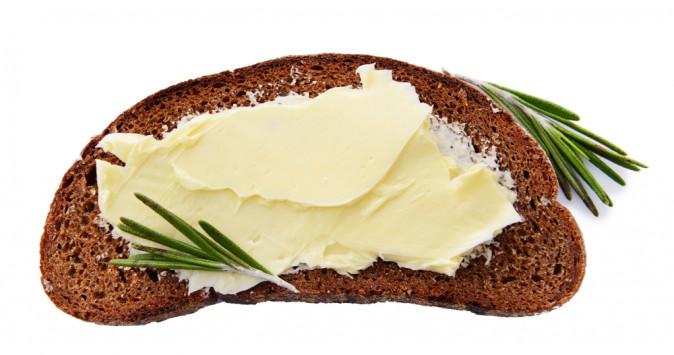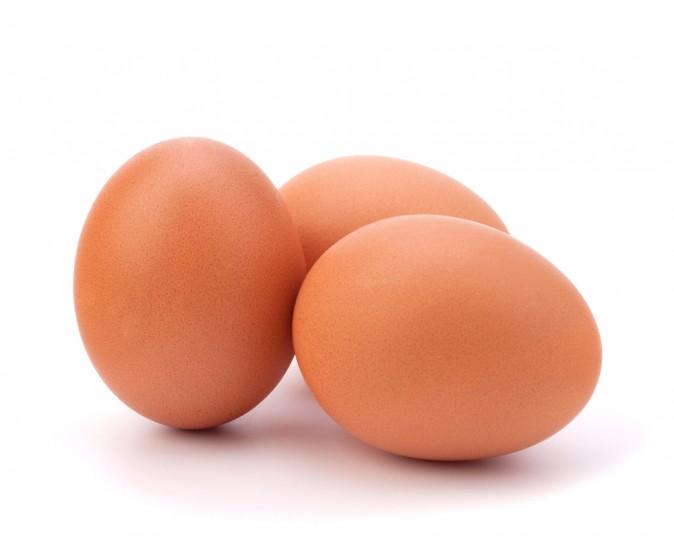Let’s face it, when it comes to health, there’s an over-abundance of confusing information. I’ve had multiple conversations with people clearly stumped by conflicting opinions: Is fluoride a toxin or a heroic agent that thwarts tooth decay? What about the cholesterol puzzle? Good? Bad? What’s too high? Is there a too- low level?
Preparing for a class on statins got me thinking more about the role of cholesterol in our digestion. Here’s where I have to reveal a secret. Whenever I encounter one of these confusing topics, I do two things. The first is to look to the resources I know and trust. The second is to delve into the science.
Science, particularly physiology, is what gives me the scoop. Far more than any dietary theory, which can’t and doesn’t work for every individual or every health situation, understanding physiology is a key ingredient for nutritional healing.
What exactly does cholesterol have to do with digestion? A lot actually.
Stick with me, and we'll take a quick little journey. Cholesterol synthesizes bile acids, which are essential for the digestion and absorption of the fats, oils, and fat-soluble vitamins (like vitamin D) from the foods you eat.
The bile acids work like a detergent to break down and emulsify fat into microscopic droplets. Those tiny beads of fat then have enough of an exposed surface area for lipases (your fat digestive enzymes) to come in and do their job of digestion.
The liver makes and uses the cholesterol to produce the bile acids that are required for that process. It looks like this:
1. Most cholesterol is produced in the body by the liver (and does not come from the food you eat).
2. After creating cholesterol, the liver sends out two different agents—LDL (low-density lipoproteins) and HDL (high-density lipoproteins).
3. A key role of HDL is transporting the excess cholesterol from the bloodstream back to the liver for secretion. HDL does the cleanup.
4. The LDL travels away from the liver and into the blood and has several functions. These include:
• Protection and repair of cell walls so that they are appropriately permeable (allowing only what is opportune to pass in and out of every cell in your body).
• The backbone for many of our sex and stress hormones (progesterone, testosterone, estrogen, cortisol).
If you made it with me this far, or if you’ve already chewed these facts, then you know cholesterol is vital for good health. Your cells need it. Your hormones need it. Your digestive tract needs it.
But two of the top-selling drugs are cholesterol-lowering statins. What are the implications of lowering cholesterol with statins? And what else are statins doing in the body? These questions are well-worth consideration.
Eater’s Digest Homework
Since cholesterol is mostly produced in the liver, the vitality of the liver is critical for maintaining healthy cholesterol levels. When your liver is in balance, it produces more HDL to help with the cleanup of the cholesterol circulating in the blood. This is why higher HDL is considered good.
Your No.1 Eater’s Digest tip for supporting the health of your liver is to eat more fiber.
Fiber
Chances are you’ve already heard the “eat more fiber” mantra. Yet on average, Americans consume about one-third the amount of fiber needed. Fiber binds with and transports extra bile acids out of the body, so they aren’t reabsorbed by the liver. Excellent fiber-rich foods include these:
• Vegetables (particularly hearty leafy greens, cauliflower, and broccoli)
• Fruits (most berries and apples have great fiber)
• Seeds (ground flax is a winner, and chia has lots of fiber as well)
• Beans (lentils, black, pinto, garbanzo, lima)
• Cinnamon
With a career born of a personal family health crisis, functional nutritionist Andrea Nakayama takes the idea of food as personalized medicine beyond a clinical practice. Her online programs at ReplenishPDX.com and HolisticNutritionLab.com guide her clients in taking ownership over their health. [email protected].





